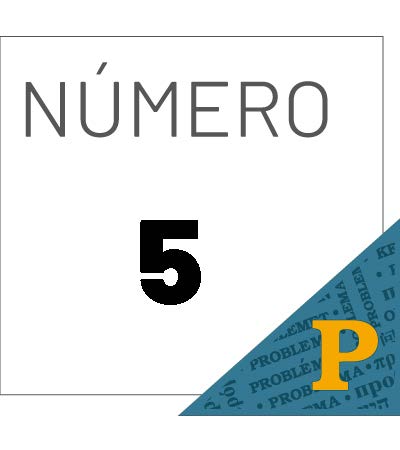Towards a Comprehensive Positivist Theory of Legal Obligation
The concept of legal obligation is utterly central to legal practice. But positivism lacks a comprehensive account of legal obligation, focusing only on the second-order recognition obligations of officials with no account of the first-order legal obligations of citizen. As legal obligations are conceptually related to legally valid norms, this failure calls into question positivism’s theory of legal validity. In this essay, I develop Hart’s account of social obligation and supplement his account of the second-order legal obligations of official qua official with an account of the first-order obligations of citizens. The latter is constituted, I argue, by social pressure in the form of the authorization of the state’s coercive machinery for non-compliance.
Resumen:
El concepto de obligación jurídica es completamente central para la práctica jurídica. Sin embargo, el positivismo carece de una explicación integral de la obligación jurídica, puesto que se concentra solamente en el reconocimiento de obligaciones de segundo orden que recaen sobre los oficiales, y no explican las obligaciones jurídicas de primer orden que recaen sobre los ciudadanos. Cuando las obligaciones jurídicas se relacionan conceptualmente con normas válidas jurídicamente, el error de no tener una explicación integral de la obligación jurídica pone en crisis la teoría positivista de la validez jurídica. En este ensayo se desarrolla la explicación hartiana de la obligación social y se complementa su explicación de las obligaciones jurídicas de segundo orden del oficial en su calidad de oficial con una explicación de la obligación de primer orden de los ciudadanos. Esta última se constituye, argumenta el autor, por la presión social en la forma de la autorización que tiene el Estado de echar a andar la maquinaria coercitiva si no se cumple con la obligación.
Article Details
Use of Creative Commons (CC) licences
All texts published by Problema. Anuario de Filosofía y Teoría del Derecho, without exception, are distributed under the CC-BY-NC-ND 4.0 International licence, which allows third parties to use what is published, as long as they mention the authorship of the work and the first publication in this Anuario.
Accessibility to articles and other publications in whole or in part under the concept of copying, distribution, public communication, interactive access (via the Internet or other means), while explicitly acknowledging the author(s) and the journal itself (acknowledgement of authorship).
Please note that if articles are remixed, modified or fragments are used in other creations, the modified material may not be distributed, nor may versions be reconstructed from the original published articles (derivative works).
The use of the contents of the published articles, in whole or in part, for profit-making purposes (non-commercial acknowledgement) is prohibited.


























